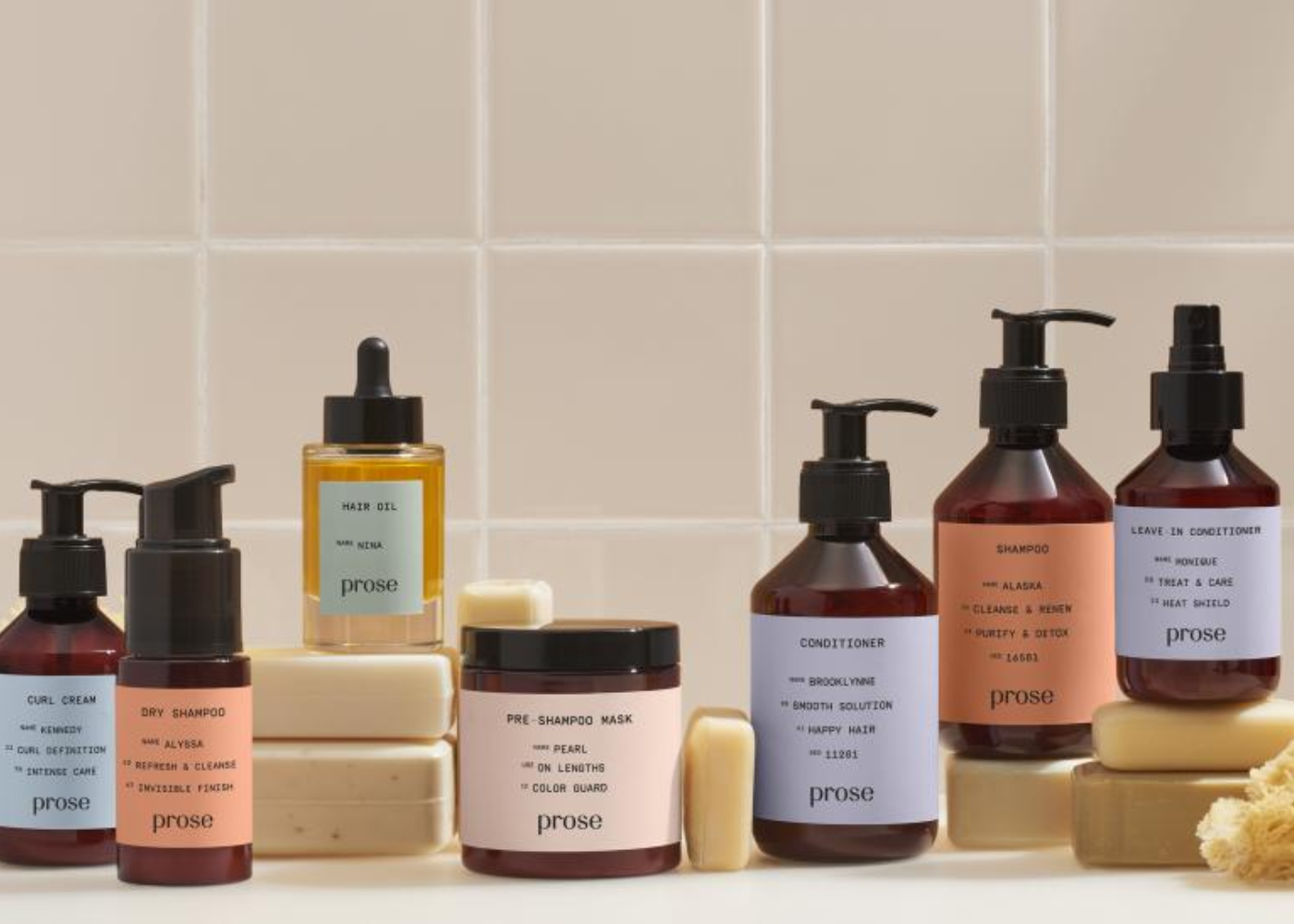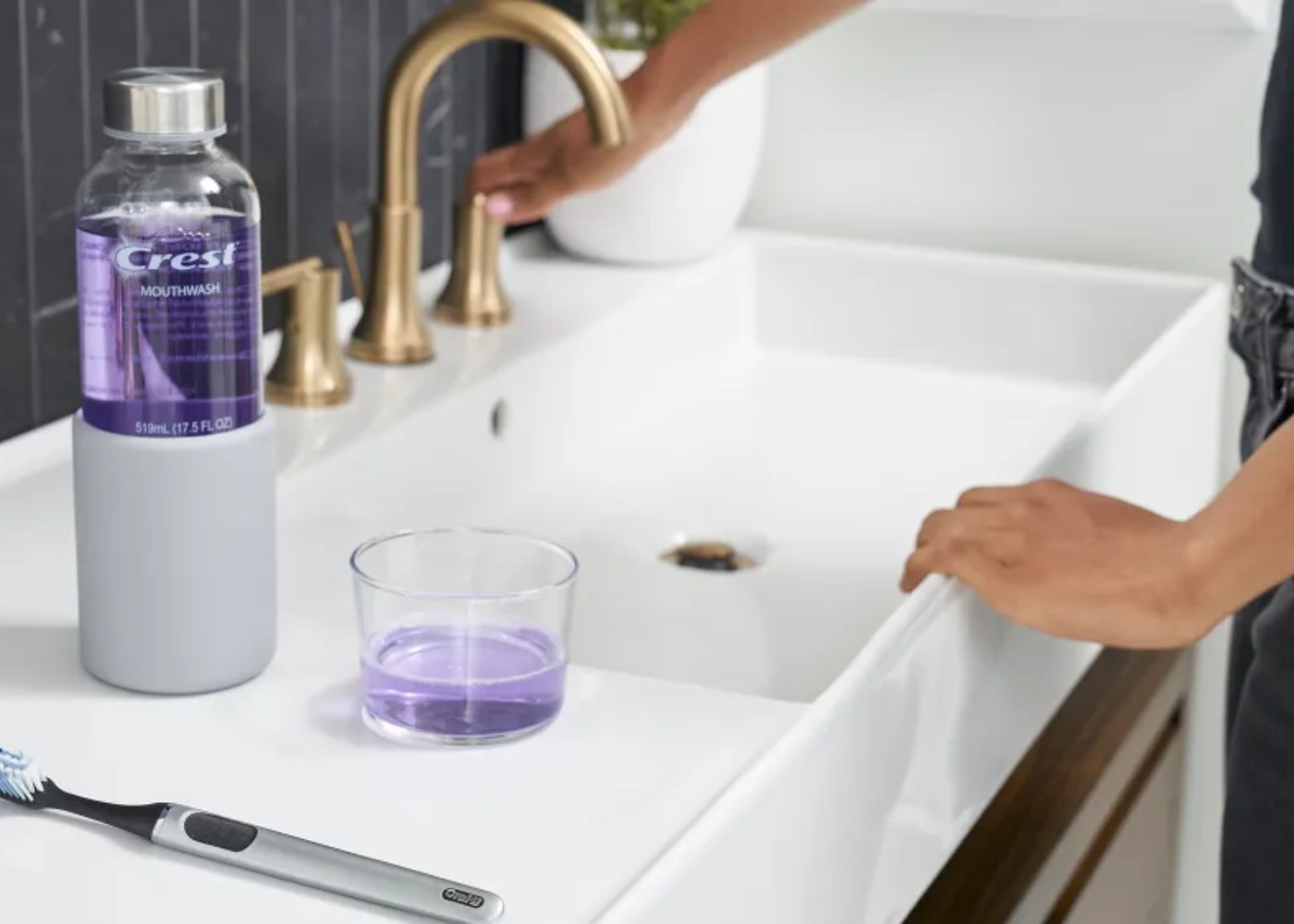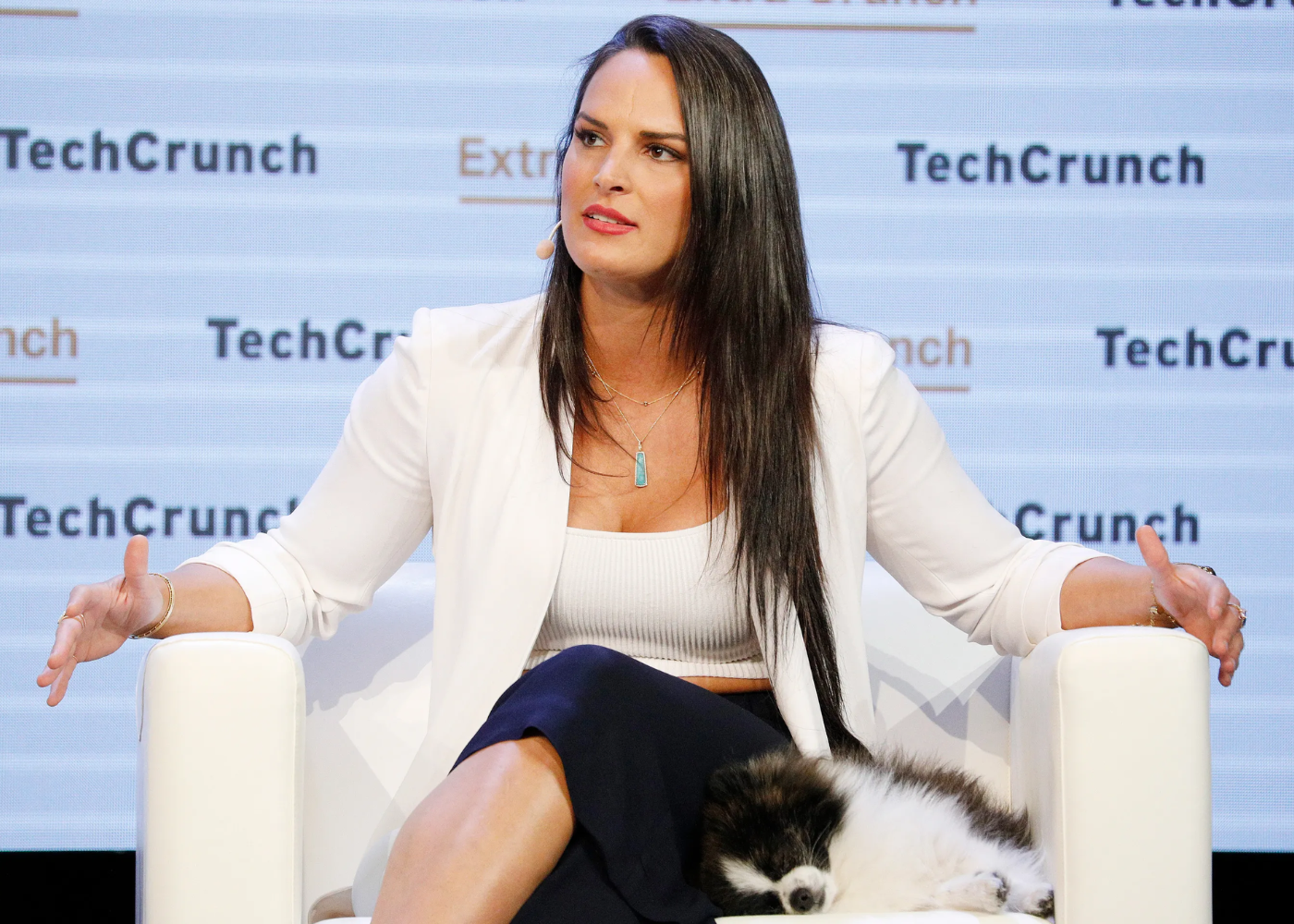As we embark on Earth Month, we asked companies at the forefront of conservation efforts, what’s one change that companies can make immediately to improve their sustainability efforts? Here, their answers.
“A small change that can make a big improvement is to move away from using those one-time-use sampling packets that are difficult to recycle and often become immediate waste. Instead, invest in more eco-friendly tubes or glass components that can be recycled indefinitely!” — Monica Aurigemma, cofounder, Bloomeffects
“Start measuring your carbon footprint. You can’t manage what you don’t measure, and science is telling us that creating a cool climate future needs to be our top environmental priority as an industry and society. Climate Neutral and Carbon Calories are two tools that can help.” — Melanie Bender, president, Versed
“The biggest change that companies can make is to commit to creating an actionable plan to address climate change. Start the journey immediately, because we don’t have time to wait until there is a perfect answer or a super clear path. One simple thing to do is purchase offsets. I think every company should be paying a climate tax on the goods we sell.” — Brook Harvey-Taylor, chief executive officer and founder, Pacifica Beauty
You May Also Like
“One of the most immediate things a company can do to improve its sustainability model is reassessing its values and brand pillars. Ultimately, sustainability is about integrity, and that must be part of a company’s core value system. It doesn’t matter what materials are used if the brand’s core has no moral compass or ethics to back it up.” — Lesley Thornton, founder, Klur

View Gallery
Related Gallery
Fall 2021 Trend: Black and White
“It’s vital for companies to prioritize traceability or end-of-life options within their supply chain — like using blockchain to authenticate or asses the impact of an ingredient, or rethinking uses for misfit ingredients and waste within the production process. The sum of the parts can create a more a planet-friendly future. We rethought secondary packaging by using upcycled hemp fiber, the wastage from cold pressing hemp seed oil, to wrap our freshly grown mushroom packaging.” — Tina Hedges, chief executive officer and founder, Loli Beauty
“One thing we are currently focusing on at Kora Organics is moving more toward using glass packaging where possible. All four of our new products this year are in glass, and two of those have refillable options.” — Miranda Kerr, founder and chief executive officer, Kora Organics
“Make decisions based on what feels true to your ethos but also what are within your capabilities at this time. For example, sometimes certain materials and initiatives are not as easily accessible to smaller brands because they oftentimes can’t meet the large MOQ’s or upfront costs — have experienced this firsthand multiple times. It doesn’t mean you can’t do it later on, but in the meantime, there are still other ways to be more sustainable, such as recycling as much as possible at the workplace, choosing ethical and sustainable suppliers, and opting for more eco-friendly packaging options, etc.” — Laura Xiao, Henné Organics
“In the day-to-day running of your business, focus on buying only what you absolutely need. And for the long-term, work to bake reusability and multipurpose functionality into your products wherever possible. Often, this doesn’t mean spending more money, it just means paying attention to customer use and design details.” — Aja Frierson, founder, Habit Cosmetics








